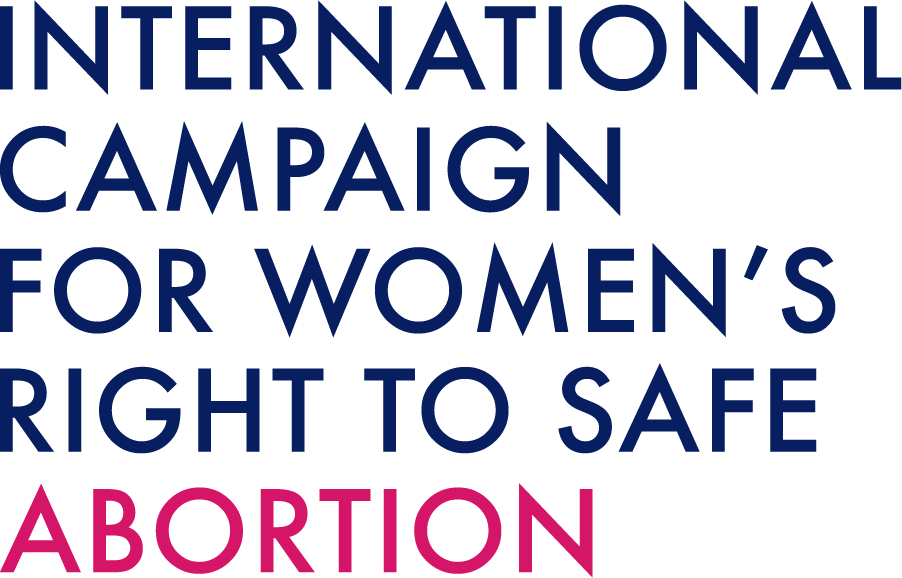
Telemedicine options for abortion are here to stay[:]
 Through pandemic necessity, an ad-hoc, telehealth model for reproductive healthcare is sticking around.
Through pandemic necessity, an ad-hoc, telehealth model for reproductive healthcare is sticking around.
By KYLIE CHEUNG
PUBLISHED JUNE 20, 2021
As much of the country prepares to return to some form of post-pandemic normalcy, reproductive health care providers and advocates hope we continue one vital pandemic tradition: telemedicine options for receiving and providing reproductive care from home.
Some researchers and providers have found offering medication abortion care via telehealth is crucial to bridging gaps in abortion access. Abortion medication care is safe and effective up to 10 weeks into one’s pregnancy, and providers say that having a telehealth component to abortion care may even help establish greater medical trust and comfort for patients from marginalized communities seeking care.
“I thought there could be this feeling that telehealth is less than, or substandard,” Leah Coplon, nurse midwife and clinic director at Maine Family Planning, told Salon. “I feel like there is a risk for folks who already feel marginalized by the medical community to feel like, ‘Wait, I have to meet someone over video? That doesn’t seem right.'”
But Coplon and other providers and leaders in the reproductive health space say they’ve found telemedicine abortion has been widely embraced by patients, including patients who have traditionally faced more barriers to get health care, or come from communities with mistrust toward the medical system.
“The relief I hear in patients’ voice when I say, ‘Oh no, you don’t need to come into an office, we can do this over the phone, we can mail your pills’ — it’s a huge relief to folks,” Coplon said. “In the past, having an abortion meant taking a day off work, sitting in a waiting room, finding child care, all that.”
In many states, abortion providers can offer medication abortion through a telehealth call, discussing eligiblity and concerns with the patient over the phone. Providers then can mail the abortion pills to the patient’s home or local pharmacy. Medication abortion involves two pills: mifepristone, which induces a miscarriage, and misoprostol, which induces labor to remove the fetal tissue. In April, the FDA temporarily lifted a policy that has required abortion providers to dispense abortion pills to their patients in-person at the clinic, allowing the medication to be offered via telehealth and mail during the pandemic.
America’s history of eugenics and targeting people of color for medical experimentation has fostered greater distrust of the medical system in some communities. Throughout history, people of color, people with disabilities, immigrants, and other marginalized groups have been subjected to forced sterilizations and ongoing reproductive coercion. Today, those same marginalized groups generally face higher-risk pregnancies and birth-related complications, often as a result of medical bias.
You can read the full text here[:]




















